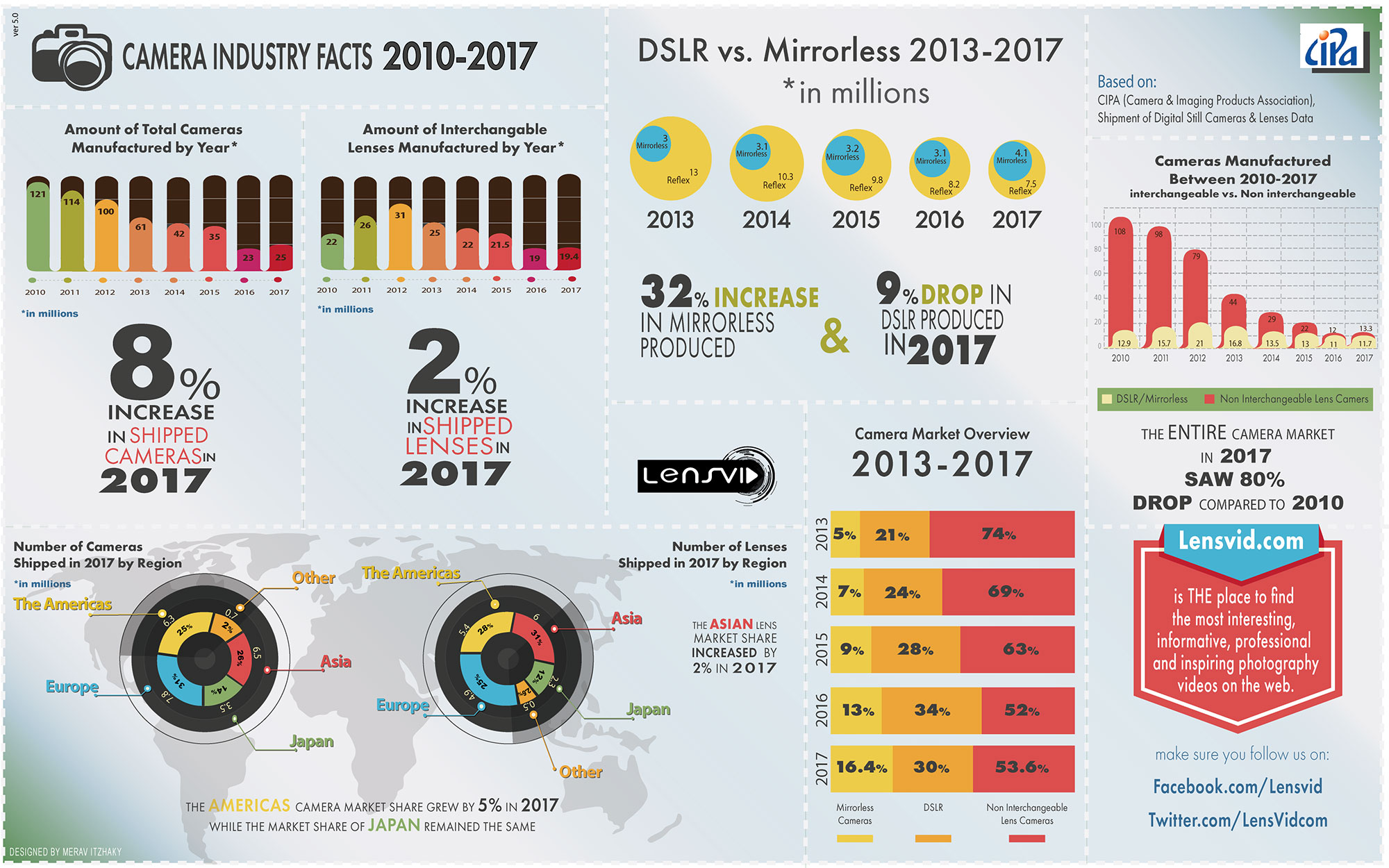Photography Tips For Beginners: Understanding Your Electronic Camera In No Time
Photography Tips For Beginners: Understanding Your Electronic Camera In No Time
Blog Article
Authored By-Grant Elmore
When you initially pick up your electronic camera, it can really feel overwhelming with all the settings and options available. You could find yourself asking yourself exactly how to browse aperture, shutter speed, and ISO effectively. Grasping these basics is important, yet there's more to photography than simply technical knowledge. Recognizing make-up strategies and lights conditions can boost your images drastically. So, what if you could discover easy strategies to enhance your abilities and start capturing excellent images earlier than you believe? Let's explore exactly how to transform your photography journey.
Comprehending Camera Setups
Comprehending your video camera settings is critical for capturing sensational pictures. When you get your video camera, acquaint yourself with the 3 major setups: aperture, shutter rate, and ISO. Each plays a crucial duty in exactly how your photos end up.
Beginning with aperture, which regulates the quantity of light getting in the lens. A larger aperture (reduced f-number) lets in a lot more light and produces an attractive history blur, ideal for pictures. Conversely, a narrower aperture (greater f-number) keeps even more of the scene in emphasis, perfect for landscapes.
Next, concentrate on shutter speed. This setting determines the length of time your video camera's sensing unit is revealed to light. A fast shutter speed freezes activity, which is wonderful for activity shots, while a slow shutter speed can develop magnificent results like smooth water in landscapes.
Finally, readjust https://www.liveinternet.ru/users/kessler_roach/post509025772 . This setup influences your cam's sensitivity to light. A higher ISO works in low-light situations however can present noise or grain. Aim for the most affordable ISO possible while still attaining correct direct exposure.
Make-up Methods
When you're out shooting, composition can make all the difference in just how your photos reverberate with audiences. Beginning by utilizing the rule of thirds; envision your frame split into nine equal areas with 2 straight and 2 upright lines. Position key elements along these lines or at their crossways to create balance and rate of interest.
Next, think about leading lines. These natural lines in your scene, like roadways or rivers, draw the visitor's eye right into the photo, assisting them through the tale you're telling.
Do not forget mounting; usage aspects within your scene, like trees or home windows, to create a framework around your topic, adding deepness and emphasis.
Likewise, keep an eye on your background. A messy history can sidetrack from your primary topic, while a simple one helps it stick out.
https://fstoppers.com/business/marketing-understanding-different-photography-client-types-151740 but not least, trying out balance and patterns; they can create a striking image that records interest.
Mastering Lights Conditions
Mastering lights problems is important for recording spectacular photos, as the best light can transform a common scene into something phenomenal.
Start by observing all-natural light at various times of the day. https://telegra.ph/Checking-Out-The-Globe-Through-The-Lens-Traveling-Digital-Photography-Basics-01-08 and late afternoons supply the best light, called the golden hour. The soft, cozy tones during these times can enhance your photos wonderfully.
Don't shy away from cloudy days either; diffused light can minimize rough shadows and produce a pleasing impact, especially for portraits.
Explore backlighting by positioning your subject versus the light. This method can produce a wonderful halo effect and include deepness to your pictures.
Focus on your video camera setups also. Change the ISO, aperture, and shutter speed to suit the lights problems. A higher ISO can aid in reduced light, however beware of grain.
Make use of a tripod in darker environments to stay clear of blur.
Last but not least, do not fail to remember synthetic lighting. Flash and continuous lights can be excellent tools for controlling light in difficult conditions.
Conclusion
To conclude, grasping your camera doesn't need to be frustrating. By understanding your setups, applying structure methods, and using the power of natural light, you'll quickly boost your photography abilities. Bear in mind, exercise makes excellent, so get out there and experiment with your newly found understanding. With time and devotion, you'll be catching spectacular photos that mirror your distinct viewpoint. Delight in the trip, and do not fail to remember to enjoy while you go to it!
